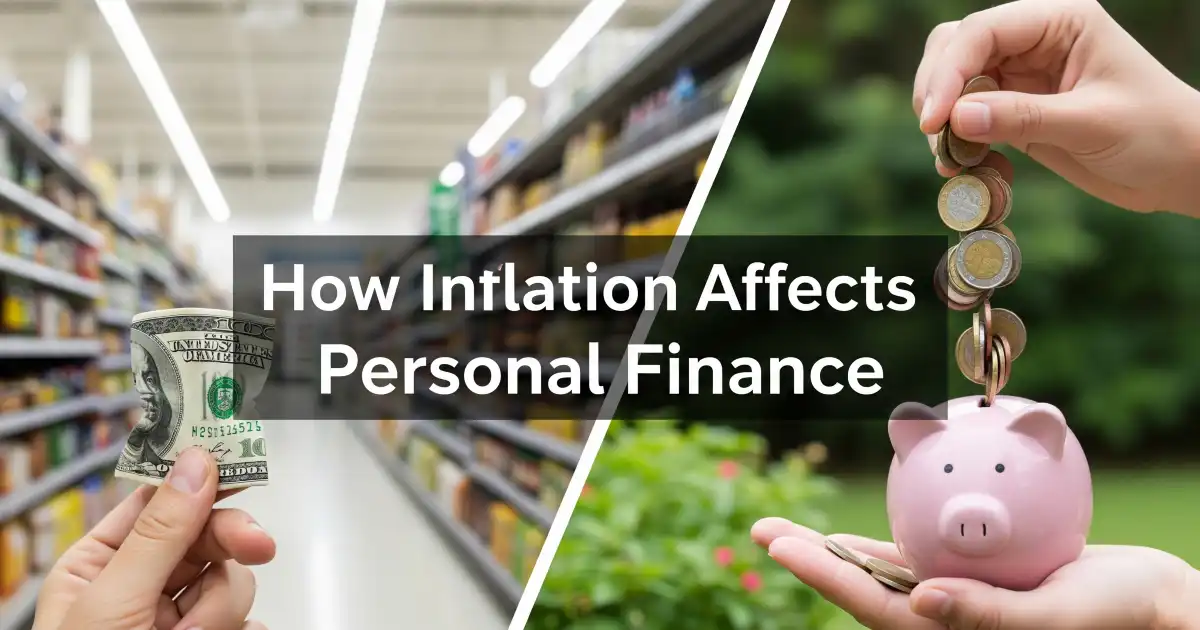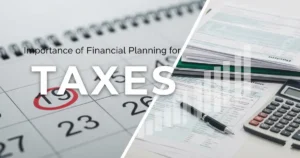Inflation is a word that often makes headlines, but many people are unsure about how it truly impacts their everyday financial life. At its core, inflation means that the cost of goods and services rises over time. While small levels of inflation are normal in a growing economy, high inflation can erode purchasing power and affect the way people save, spend, and invest. Understanding how inflation affects personal finance is crucial for anyone who wants to protect their money and build long-term financial security.
What Is Inflation?
Inflation occurs when the average prices of products and services increase across the economy. For example, if the price of groceries, fuel, and rent all rise steadily over a year, that’s inflation at work. It’s usually measured by the Consumer Price Index (CPI), which tracks the cost of a basket of everyday goods. While moderate inflation indicates economic growth, excessive inflation can quickly eat away at the value of money.
The Impact of Inflation on Savings
One of the most direct ways inflation affects personal finance is by reducing the value of money kept in savings accounts. If inflation is 6% per year but your bank savings account earns only 3% interest, your money is effectively losing 3% of its purchasing power annually. This is why relying solely on traditional savings accounts may not be enough to preserve wealth during times of high inflation.
How Inflation Influences Everyday Spending
When prices rise, people find that their income buys less than it did before. This affects daily expenses such as groceries, transportation, and housing. Households may need to adjust their budgets, cut down on non-essential purchases, or look for ways to earn additional income to keep up with rising costs. Inflation also tends to hit lower and middle-income families harder because a larger portion of their income goes toward necessities.
Inflation and Debt
Interestingly, inflation can have both positive and negative effects on debt. On the one hand, if you have fixed-rate loans, such as a mortgage, inflation can work in your favor because you repay the loan with money that has less value over time. On the other hand, if interest rates rise due to inflation, new borrowing becomes more expensive, making credit cards and variable-rate loans costlier to manage.
Effect on Investments
Inflation plays a critical role in shaping investment strategies. Assets like stocks, real estate, and commodities often perform better during inflationary times compared to cash savings. For instance, owning shares in companies that can increase their prices along with inflation may help protect wealth. Real estate also tends to appreciate over time, offering a hedge against inflation. On the contrary, keeping too much money in low-interest accounts can cause significant financial loss when inflation is high.
Retirement Planning and Inflation
Inflation is a key factor to consider when planning for retirement. If you plan to retire decades from now, the money you save today will not have the same purchasing power in the future. Without inflation-adjusted strategies, retirees may find it difficult to maintain their desired lifestyle. This is why financial advisors often recommend investing in assets that historically outpace inflation, such as equities or inflation-protected securities.
Tips to Protect Your Finances from Inflation
- Diversify investments: Spread your money across stocks, real estate, and inflation-resistant assets.
- Focus on growth assets: Invest in options that historically provide returns above inflation rates.
- Limit unnecessary debt: Avoid high-interest loans, especially during inflationary periods.
- Build an emergency fund: Keep at least 3–6 months of expenses in a liquid account for security.
- Review your budget: Adjust spending habits to account for rising costs.
Conclusion
Inflation is an unavoidable part of economic life, but understanding its effects can help individuals make smarter financial choices. It impacts savings, spending, investments, and long-term planning in ways that should not be ignored. By adopting strategies that protect against inflation, such as investing wisely, managing debt effectively, and adjusting budgets, people can safeguard their financial well-being even in uncertain economic times.



